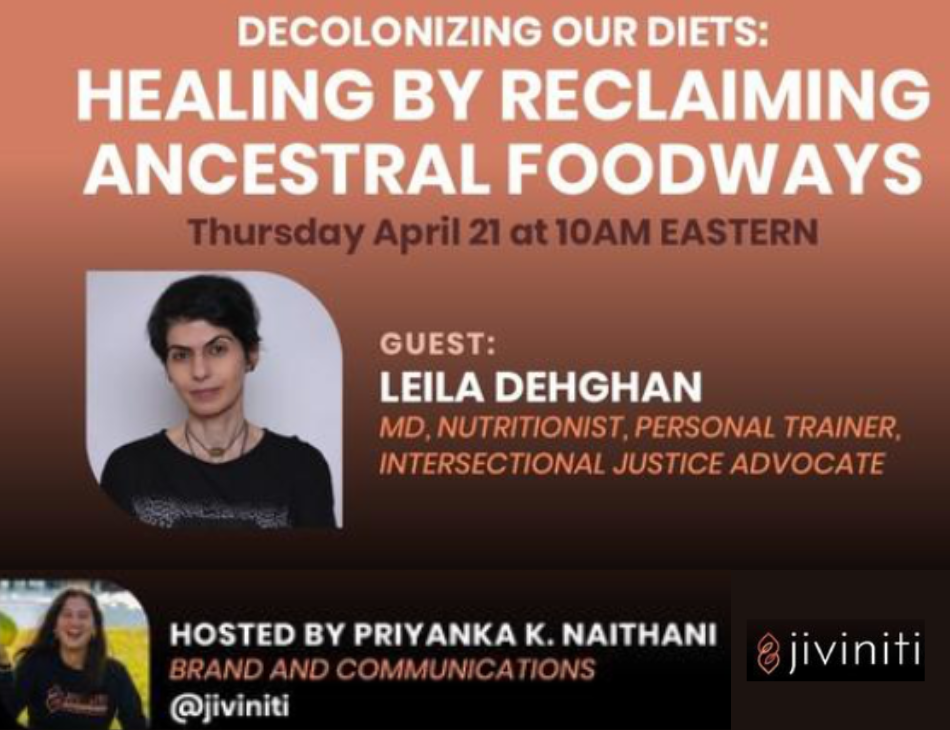RACIAL JUSTICE
Food is essential to survival, but the systems shaping food access are deeply entangled with histories of colonialism, racism, and exploitation. These legacies live on in food deserts, unequal healthcare, and the global marketing of unhealthy diets that disproportionately harm marginalized communities.
Why racial justice matters in food systems:
Communities of colour face higher rates of food insecurity and diet-related illnesses.
Farmers and workers in the Global South are exploited through supply chains that prioritise profit over people.
Cultural food traditions are dismissed or erased in favour of white, Western ideals of “healthy” eating.
Access to nutritious food and healthcare is shaped by systemic inequities, not personal choice alone.

Resources
Our campaigns and collaborations spotlight how racism shapes food systems: from access and affordability to whose voices are heard. Explore articles, talks, and videos that challenge these inequities and imagine new possibilities for food justice
-
How the Western Diet Affects Global Food Choices
Foods that are popular in white-dominated, wealthy nations are often considered more desirable by developing countries, but they come with their own costs.

-
Decolonizing Our Diets
Western dietary norms shape global food choices and health, but reclaiming ancestral foodways offers a path to resilience and healing. Plant-based eating also plays a crucial role in justice-centered approaches to nutrition

-
Athletes, Food & Diversity
This video series aims to challenge the defining feature of veganism as a white neo-liberal movement and reach vegans of the global majority by presenting them voices and images they can identify with.


Support Racial Justice in Food
Our work is made possible by those who believe that food justice must also mean racial justice. Your donation helps us create resources, host talks, and build collaborations that centre marginalised voices and communities.




